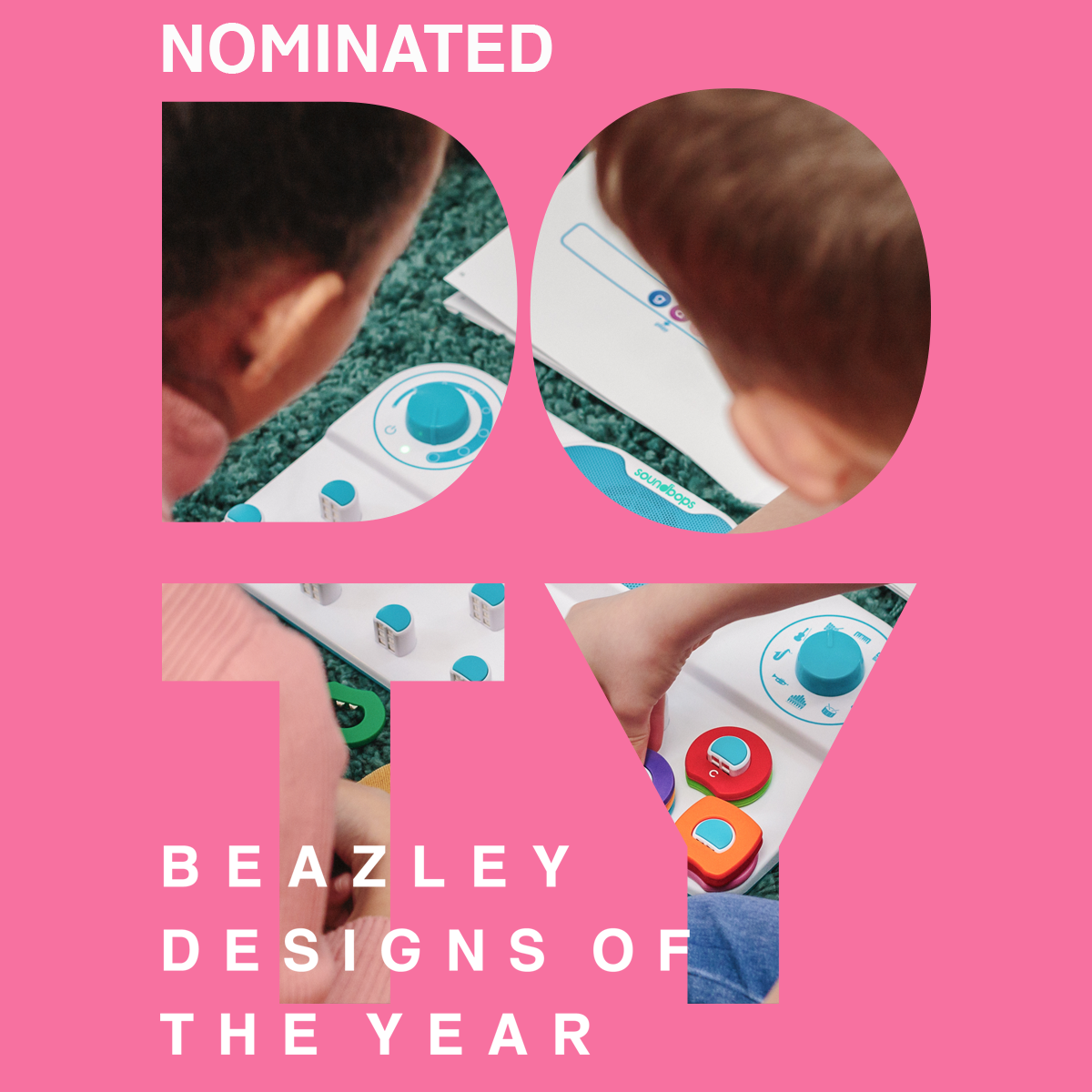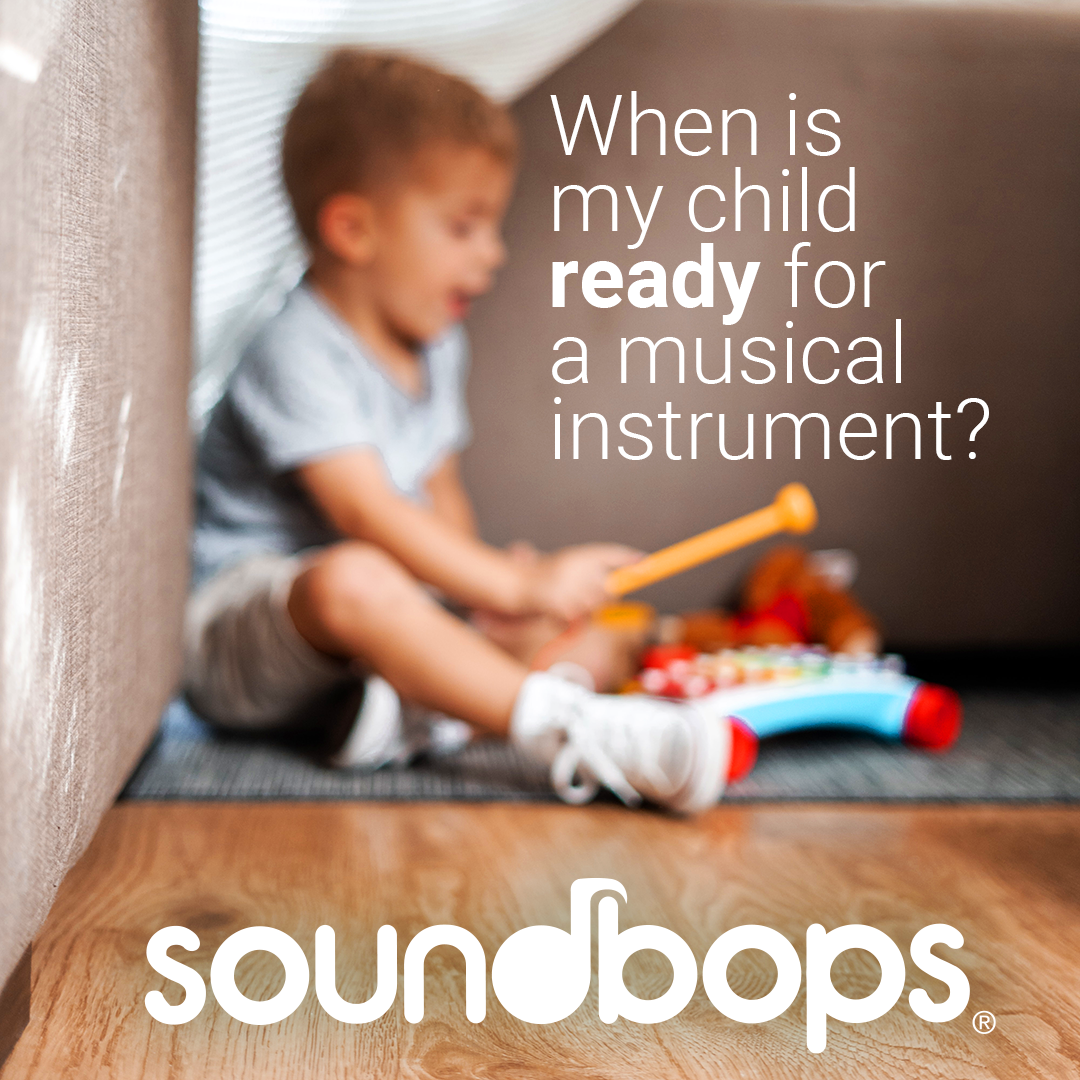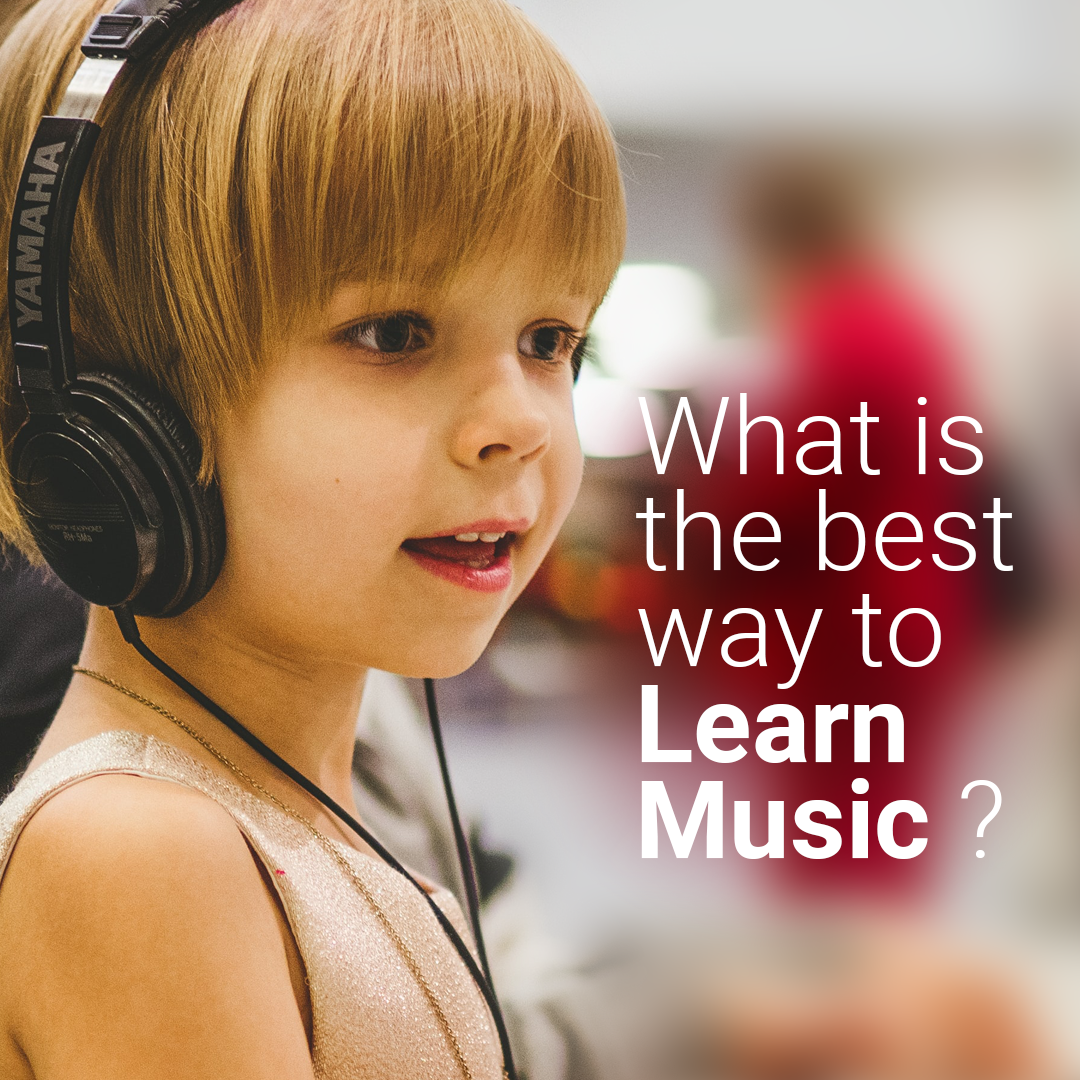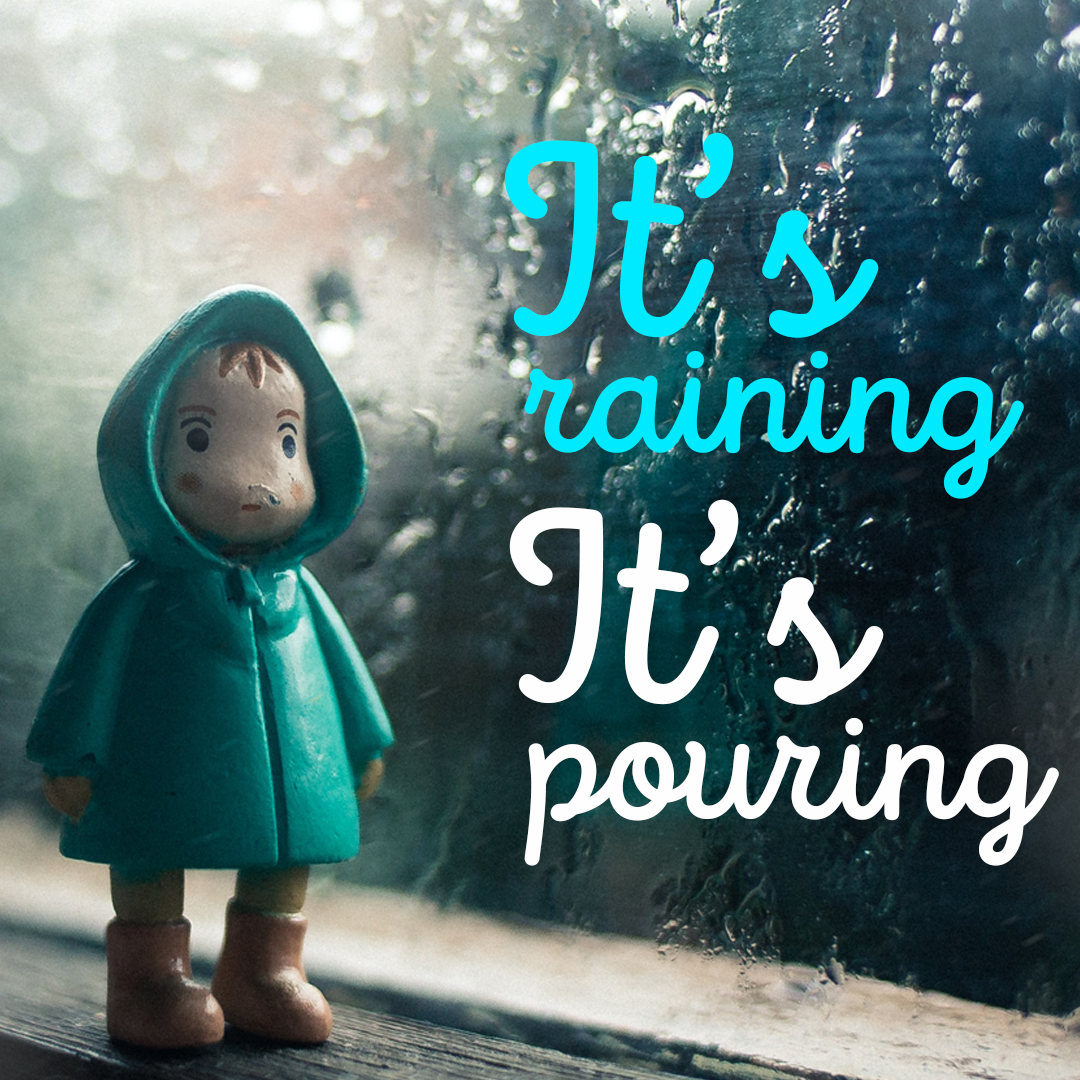Welcome to Our Blog. Hi.
The Soundbops Blog
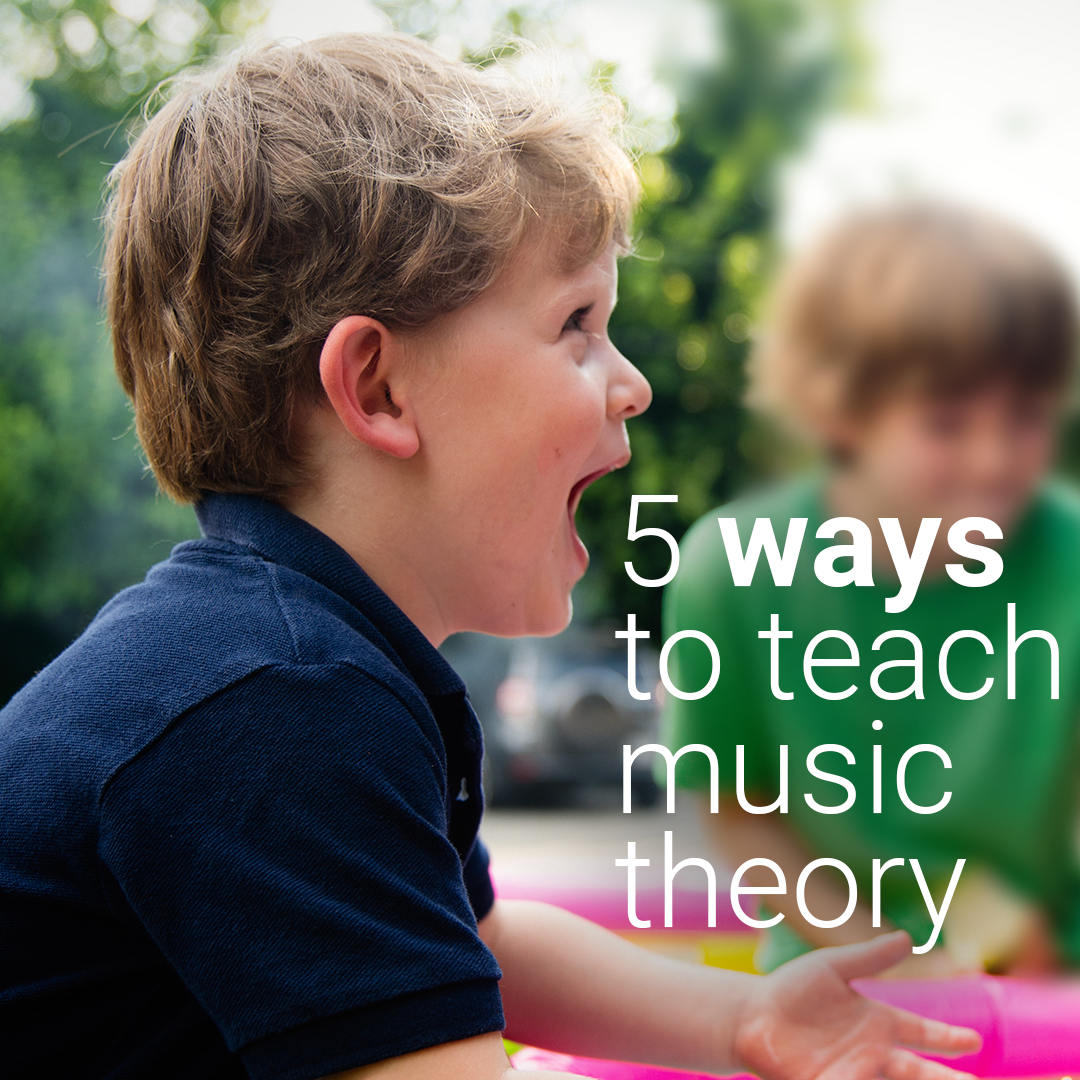
If you've read any of our previous blog posts, by now you should have a good understanding of the value of having musical experiences from an early age. Music can help children learn to read , as well as having strong connections with maths which also helps children's numeracy, and it can even be a great aid for children with additional support needs like dyslexia . So, how do we give our kids valuable and fun musical experiences? Here's a simple answer... Help them to learn through play! Play-based learning is an incredibly beneficial method of learning for young children, so much so that many countries leading in education, like Finland and Scotland , are making the move away from traditional teaching scenarios of children sitting at desks and learning from board work, towards free moving and open classrooms with structured play activities designed to teach concepts in a more engaging way, particularly in the early years. So, how do you teach music through play? Important in building an understanding of music, and an identity as a musician, is to develop a good knowledge of music theory . Here are 5 fun ways that you can teach your child music theory: 1. Rhythm Pairs - Create a fun matching game for learning rhythm where you match the note value name to it's drawn representation and the number of beats it lasts for.
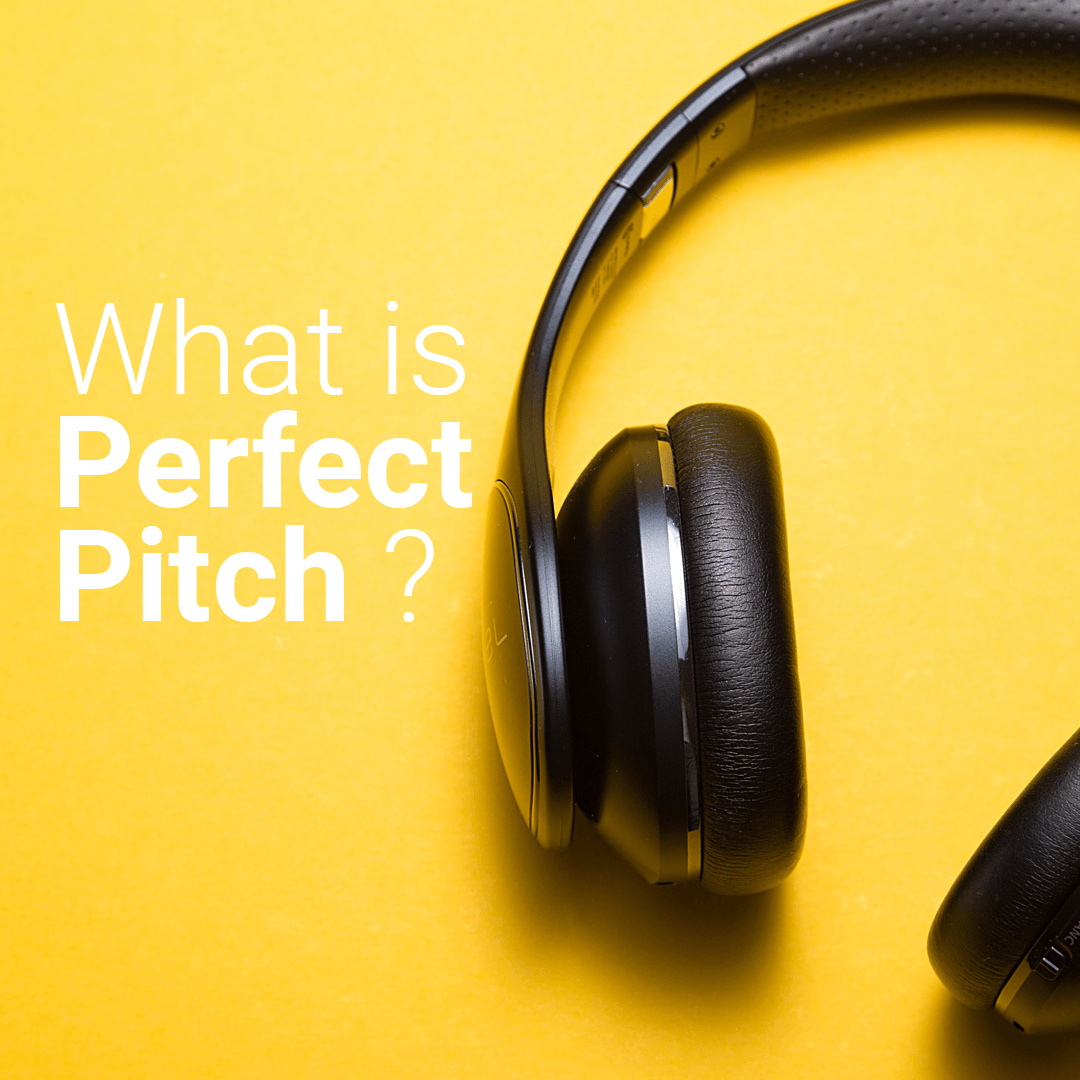
Perfect Pitch, more properly known as Absolute Pitch, is the ability to identify a note just by hearing it. Relative pitch, the skill of recognising one note in relation to another, is very common, but absolute pitch is only found in one in 10,000 people. People with absolute pitch can name a note instantly, the same way most people can name a colour. Mozart famously had perfect pitch, as did Bach, Beethoven, Handel and Yehudi Menuhin – making it be seen culturally as a mysterious gift. But is this true? Recent research at the Universities of Chicago and San Diego seems to overturn this myth. Perfect pitch is not perfect. It’s more of a memorized sense of pitch. Like all skills, it can be taught and developed. Even musicians with absolute pitch need to keep practising to keep their skill. A 2015 study by Professor Howard Nusbaum at Chicago shows that people without absolute pitch have the ability to learn to identify notes quickly. “This is the first significant demonstration that the ability to identify notes by hearing them may well be something that individuals can be trained to do,” said Nusbaum. “It’s an ability that is teachable, and it appears to depend on a general cognitive ability of holding sounds in one’s mind.” Professor Diana Deutsch of San Diego has demonstrated that possessors of absolute pitch displayed an unusually large memory for spoken words. The connections in processing sounds and words is well known, and it seems that well-developed linguistic centres can spill over into sound recognition. While absolute pitch is rare in English-speakers, speakers of languages that rely on pitch and tone fare far better. Mandarin speakers do better by a factor of 6 or 7. What this suggests is pitch recognition is learnt, not innate. Think of the way we learn colours, numbers and letters. We give them a verbal label, we play games, we sing songs – we practice and repeat and practice. In the same way that these are basic building blocks, so are notes the fundamentals of music, but we don’t approach learning them in the same concentrated way. Consider that there are only 12 notes, and you may wonder, with Professor Deutsch, why absolute pitch should be so rare. We know that language is embedded before the age of 5, and that this learning window is critical. If you don’t get that formative exposure to auditory and speech skills, you may never develop them. The same is true with musical pitch. The early one begins to learn language, words and pitch, the better. Here’s a useful tool to test and practice your recognition of pitch. Soundbops begins to teach your child music from as early as the age of three, giving them a head start in aural development.


